Interdisciplinary Research Units
The Office of Research promotes interdisciplinary research by overseeing organized research units, special research programs, IMPACT Centers and research instruments & central facilities listed below. For questions about the Office of Research’s research units or related policies please contact our Research Units Administration team.
Organized Research Units

Air Quality Research Center
Conducting scientific, engineering, health, social and economic research that educates and informs planning and regulations for air quality and climate change. AQRC educates and informs through conferences, outreach, scholarly publications, and training grants.
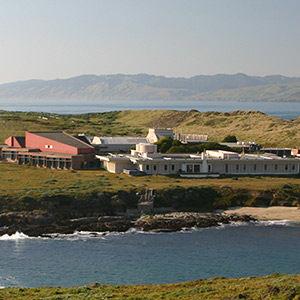
Coastal and Marine Science Institute/Bodega Marine Laboratory
A comprehensive unit that conducts research, educational, and outreach programs in marine science and policy on the main campus and Bodega Marine Laboratory.

California National Primate Research Center
The California National Primate Research Center is a part of the National Primate Research Centers Program and is dedicated to improving human and animal health.
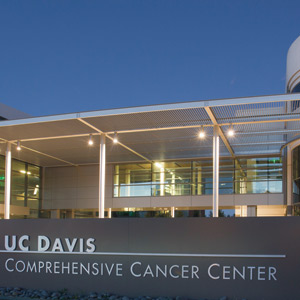
Comprehensive Cancer Center
UC Davis Comprehensive Cancer Center is among only 52 cancer centers in the United States designated as a “comprehensive” cancer center.
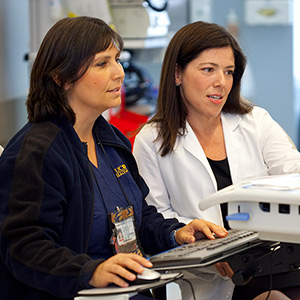
Center for Healthcare Policy and Research
The Center for Healthcare Policy and Research facilitates interdisciplinary research, promotes education and informs policy about health and healthcare.

Institute of the Environment
The Institute of the Environment addresses real-world environmental problems through collective entrepreneurship and a team-oriented scientific approach.

Institute of Transportation Studies
The Institute of Transportation Studies at UC Davis (ITS-Davis) is the leading university center in the world on sustainable transportation.
Special Research Programs
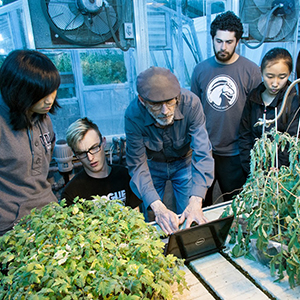
Artificial Intelligence Institute for Next Generation Food Systems
Focused on solutions to solve the world’s biggest challenges to food production facing our planet, ensuring a sustainable, nutritious efficient and safe food supply.
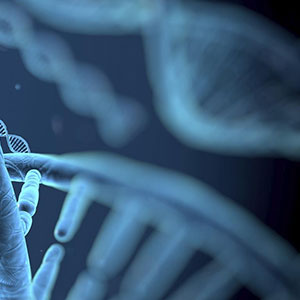
Biotechnology Program
The administrative home for the Designated Emphasis in Biotechnology and Advanced Degree for Corporate Employees graduate programs.

Center for Information Technology Research in the Interest of Society
CITRIS leverages the research strengths of several UC campus to create information technology solutions for society’s most pressing challenges.
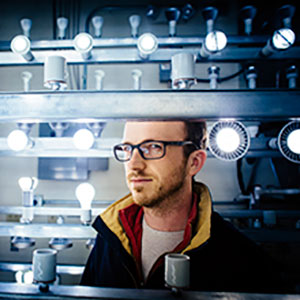
Energy and Efficiency Institute
The Institute combines research, education, and outreach programs in energy science, technology, management, and policy to transition to new energy solutions.
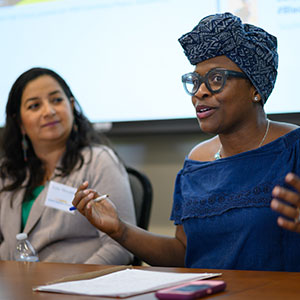
The Feminist Research Institute
A collaborative, trans-disciplinary hub for exploring how gender, sexuality, race, and other social structures inform the design, execution, and interpretation of research.
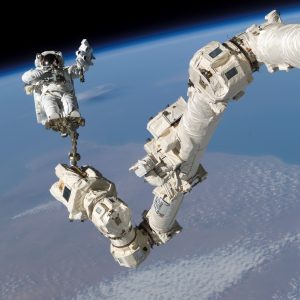
Center for Space Exploration Research
Developing new paradigms for the design of NASA’s deep-space habitats using expertise in systems automation, machine learning, artificial intelligence and robotics.
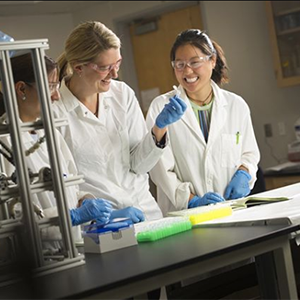
Innovation Institute for Food and Health
The Innovation Institute for Food and Health (IIFH) makes uncommon connections between sectors and disciplines to catalyze innovation across food, agriculture, and health.

Institute for Diversity, Equity and Advancement
The Institute for Diversity, Equity and Advancement (IDEA) supports programs, projects and research related to diversity and equity at UC Davis.
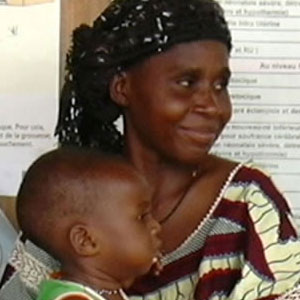
Institute for Global Nutrition
The Institute coordinates research and training activities concerning human nutrition problems of low-income countries, and of ethnic minorities and disadvantaged groups.
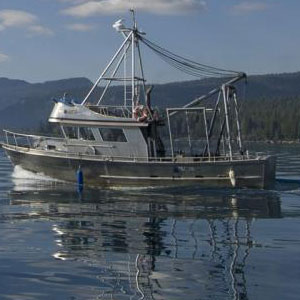
Tahoe Environmental Research Center
Dedicated to interdisciplinary research and education to advance the knowledge of aquatic and terrestrial ecosystems and their interactions within natural and developed systems.
Impact Centers
In 2019, UC Davis invested $4 million over three years to launch four new research centers that align campus strengths with unique opportunities for global impact. The UC Davis Office of Research initiative is designed to promote new, sustainable, inter- and multidisciplinary research activity that responds to society’s greatest challenges and needs.
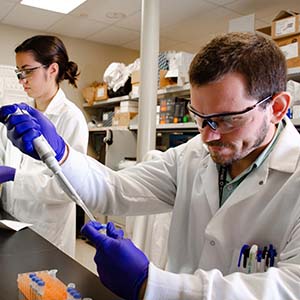
Gene Therapy Center
This center targets genetic diseases through multidisciplinary research, education and manufacturing to create therapies with the potential to provide cures instead of ongoing treatment of symptoms.
Research Instruments and Central Facilities
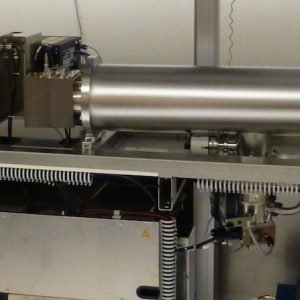
Campus Mass Spectrometry Facilities
The Campus Mass Spectrometry Facilities provides open access, high quality, and cost-effective mass spectrometry services for the entire UC Davis community.
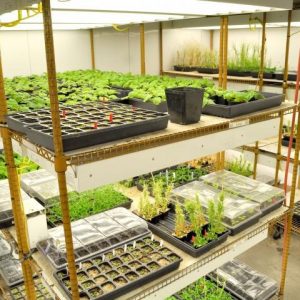
Controlled Environment Facility
The Controlled Environment Facility consists of 151 plant growth chambers at two locations. Chamber controls include light intensity, temperature, relative humidity, photoperiod and plant irrigation systems.

High Performance Computing Core Facility
This facility specializes design, procurement, implementation, maintenance of high-performance computing systems for research and education.
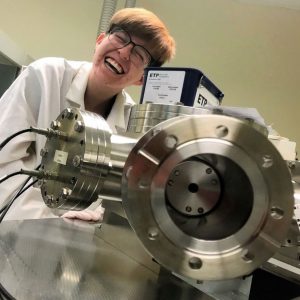
Interdisciplinary Center for Plasma Mass Spectrometry
The Interdisciplinary Center for Plasma Mass Spectrometry is a facility for trace element and isotope analyses with inductively coupled plasma-mass spectrometry.
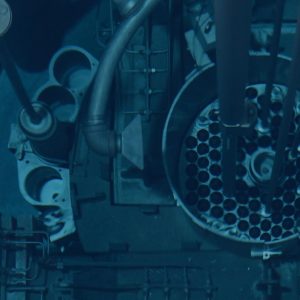
McClellan Nuclear Research Center
This center operates a 2 MW TRIGA type nuclear reactor used to detect hidden defects in aircraft structures, three-dimensional neutron radiography, isotope production and more.
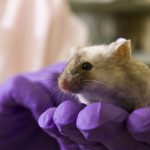
Mouse Biology Program
An academic resource offering development, application, and use of genetically-altered mice for biomedical research on diseases, behavioral abnormalities, and developmental disorders.
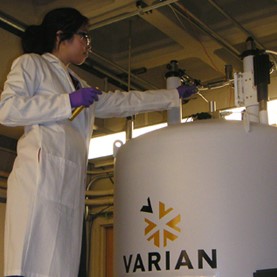
Nuclear Magnetic Resonance Facility
The Nuclear Magnetic Resonance Facility provides qualified researchers in the biological, medical, and physical sciences access to state-of-the-art instrumentation for spectroscopy and imaging.

